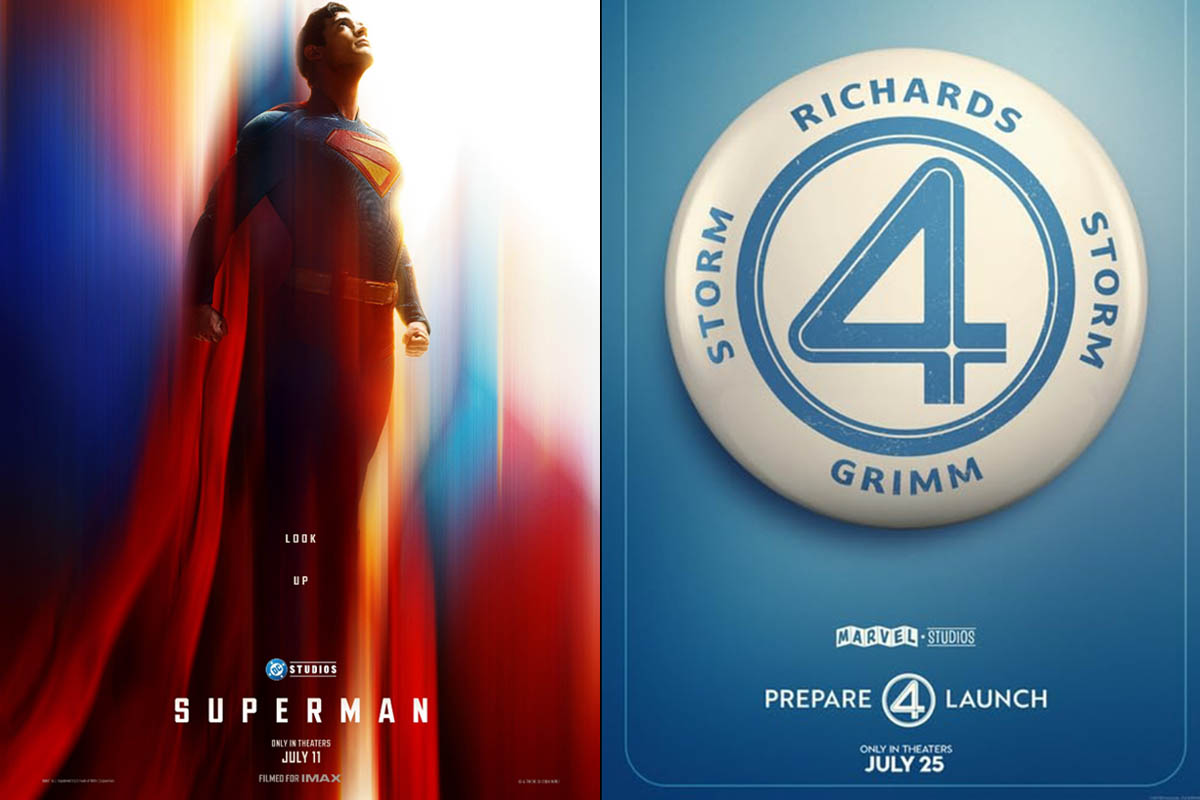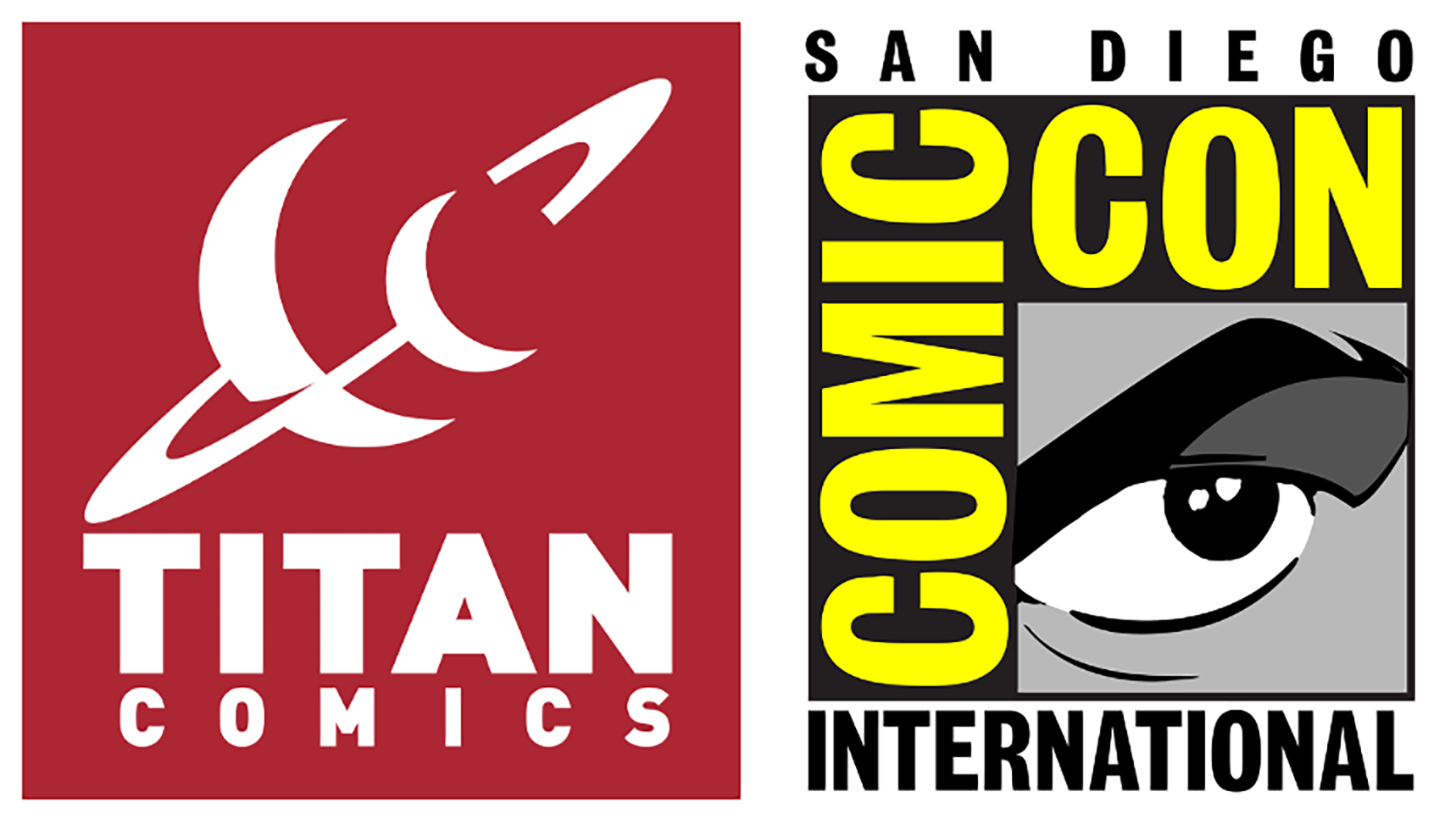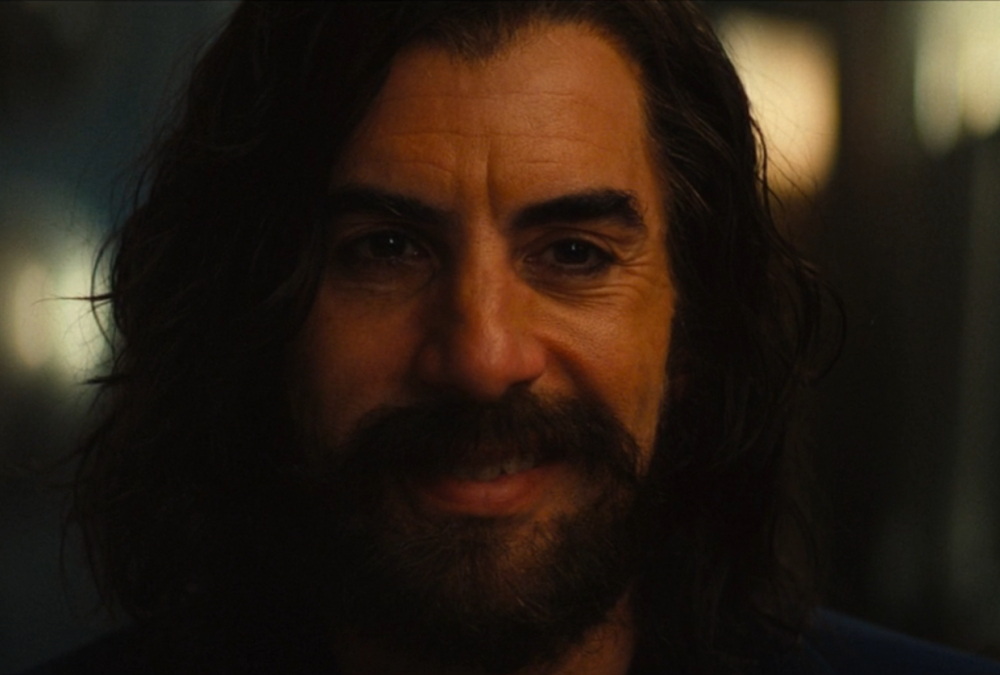Reality TV was supposed to bring about the demise of scripted television, when an influx of comparatively cheap-to-produce unscripted content like Survivor, The Amazing Race, and American Idol began dominating network and basic cable from 2000-2002. However, around this same time scripted series like The Sopranos, The Shield, The Wire, Arrested Development, and Six Feet Under hit the airwaves, signaling a new Golden Age of TV (or Peak TV, if you prefer).
Since their arrival, reality shows have dominated weekly TV ratings, but they most certainly have not destroyed either the half-hour or hour-long series. Instead, we’re smack in the middle of a scripted TV boom. According to Variety, back in 2002 (when The Shield debuted) there were only 182 scripted series on TV, but in 2017 (to-date) there are an astounding 455 have aired (and 79 more are yet to debut this year).
RELATED – Netflix Explains How Our TV-Viewing Habits Are Changing
Speaking at the recent Television Critics Association press tour, FX Networks chief John Landgraf spoke about the explosion of scripted series, which are poised to break a record 500 this year. Landgraf indicated that the rise of online and streaming services in 2009 and the explosion in original programming on basic cable networks like FX, AMC, and USA.
Additionally, the incredible growth of Netflix, Hulu, and Amazon, coupled with Internet-enabled devices (smartphones, tablets, videogame consoles, app-ready TVs), has caused massive viewer fragmentation. While this is great news for writers looking for their next gigs, it might be bad news for viewers, advertisers, executives, and even the channels/networks too.
According to Nielsen, 41.3% of 18-24-year-olds (a key TV demographic) have stopped watching traditional network and cable TV since 2011. That’s a massive shift in consumer behavior, and suggests that not only are there fewer people watching more shows, there’s also fewer advertising dollars to go around. Fortunately, this is where online and streaming TV is seizing the opportunity, their viewers can watch what they want, where they want, when they want — and they don’t need to care about ads or ratings (mostly); the streaming services do have their own problems, like finding and sustaining subscribers (a different problem, to be sure).
The other question to be addressed are: How many of these 500 scripted shows are worth watching and how many good shows get lost in the shuffle? But is quality really a problem? It’s certainly a subjective topic. Netflix is kind of proving that variety and niche might actually counterbalance issues/concerns of quality (example, for every Fuller House hater, there’s someone that clearly loves it). It’s a fascinating time to be a TV fan, and there’s a lot of shaking up yet to be done. Stay tuned!
Are you watching more or less shows on TV now than 10 years ago? Let us know in the comments down below!
Don’t forget to share this post on your Facebook wall and with your Twitter followers! Just hit the buttons on the top of this page.

 FOR FANBOYS, BY FANBOYS
Have you checked out LRM Online’s official podcasts and videos on The Genreverse Podcast Network? Available on YouTube and all your favorite podcast apps, This multimedia empire includes The Daily CoG, Breaking Geek Radio: The Podcast, GeekScholars Movie News, Anime-Versal Review Podcast, and our Star Wars dedicated podcast The Cantina. Check it out by listening on all your favorite podcast apps, or watching on YouTube!
Subscribe on: Apple Podcasts | Spotify | SoundCloud | Stitcher | Google Play
FOR FANBOYS, BY FANBOYS
Have you checked out LRM Online’s official podcasts and videos on The Genreverse Podcast Network? Available on YouTube and all your favorite podcast apps, This multimedia empire includes The Daily CoG, Breaking Geek Radio: The Podcast, GeekScholars Movie News, Anime-Versal Review Podcast, and our Star Wars dedicated podcast The Cantina. Check it out by listening on all your favorite podcast apps, or watching on YouTube!
Subscribe on: Apple Podcasts | Spotify | SoundCloud | Stitcher | Google Play





